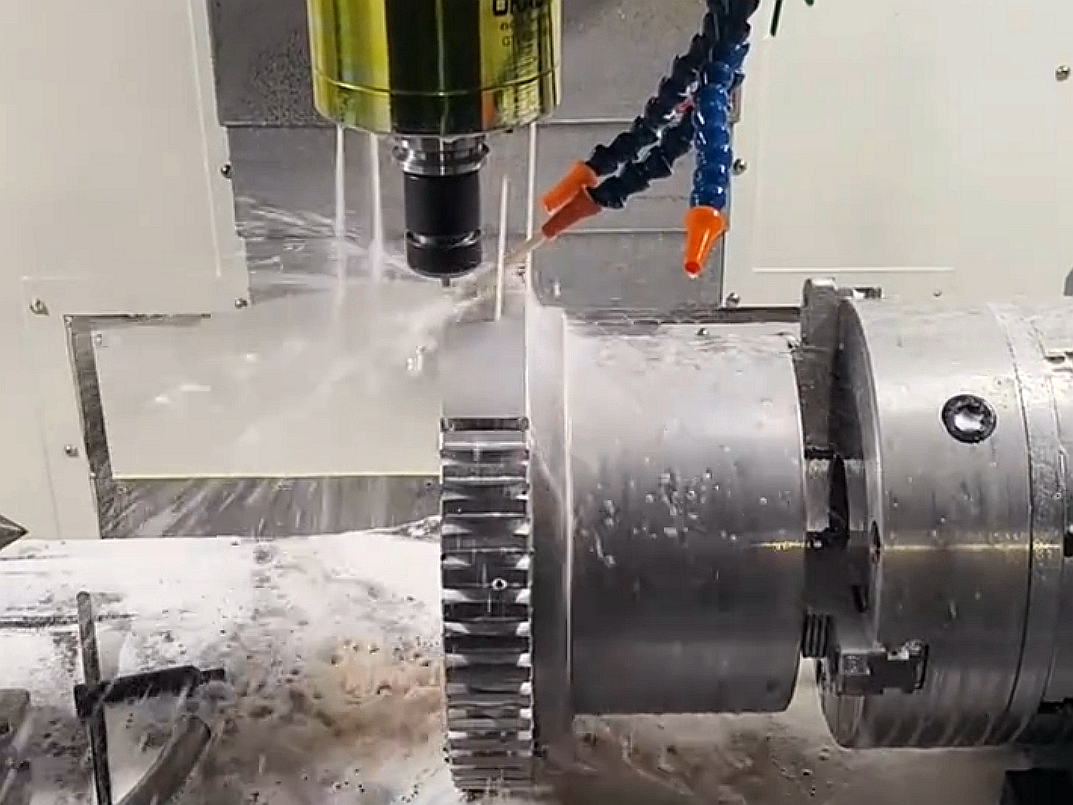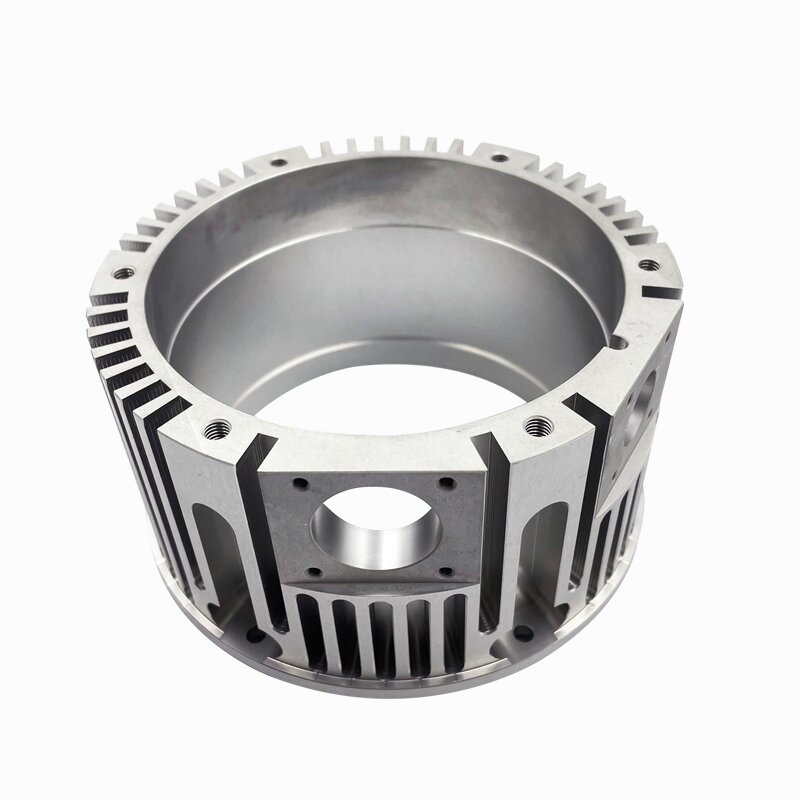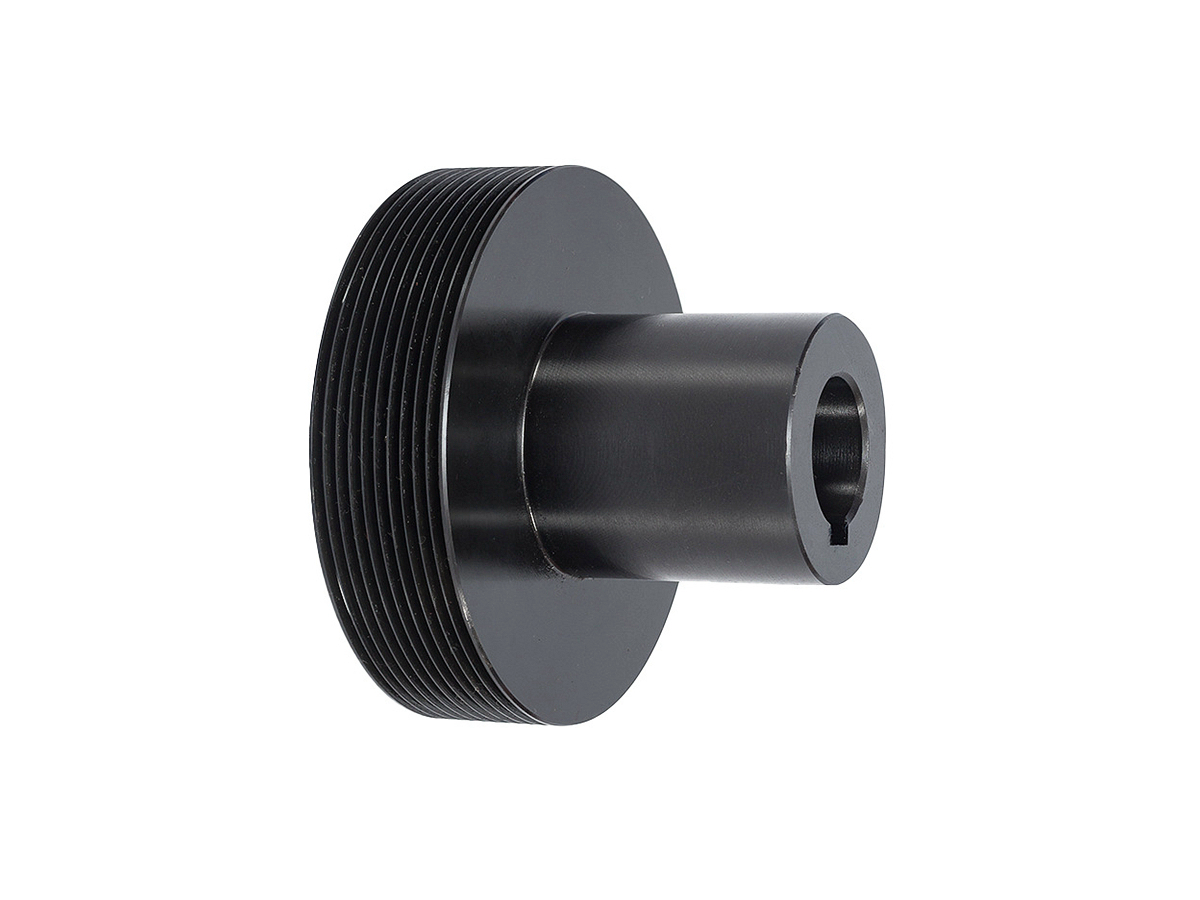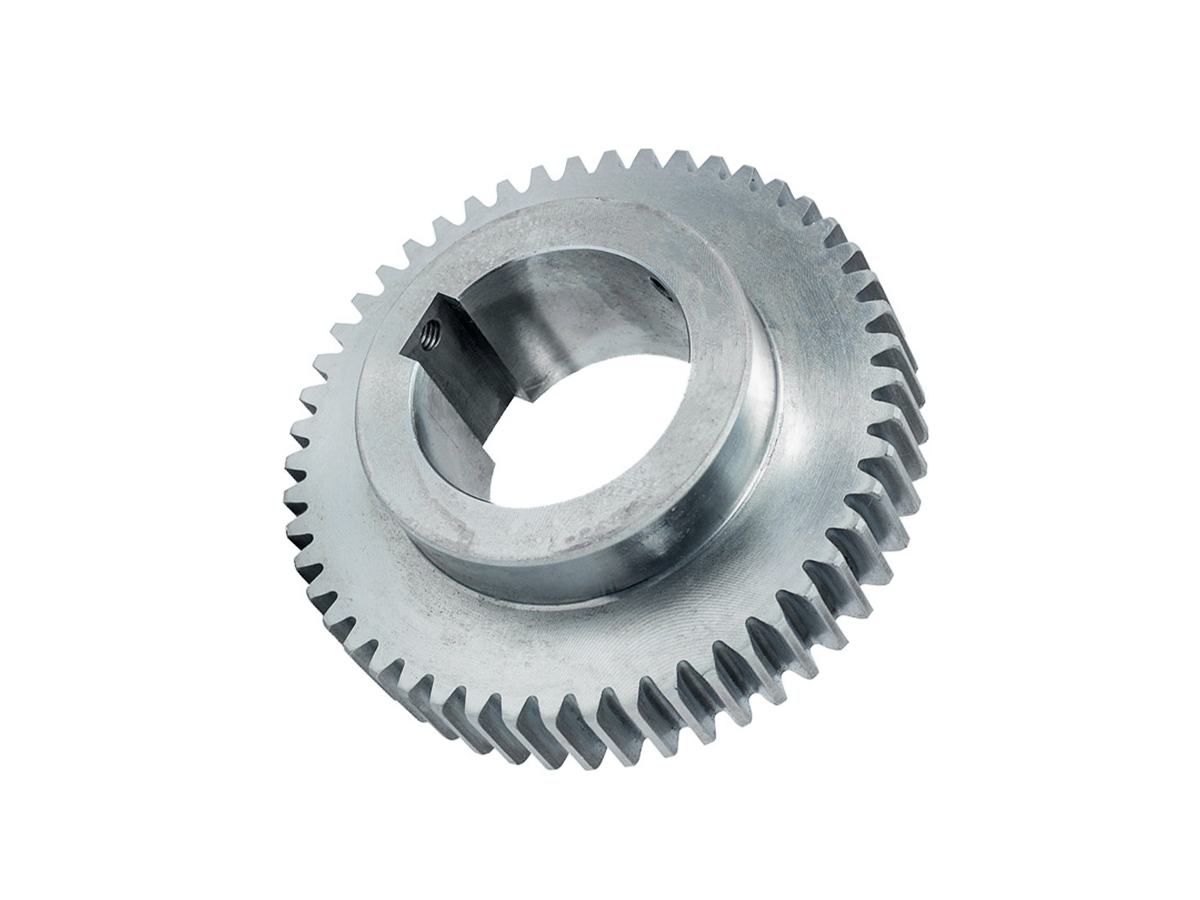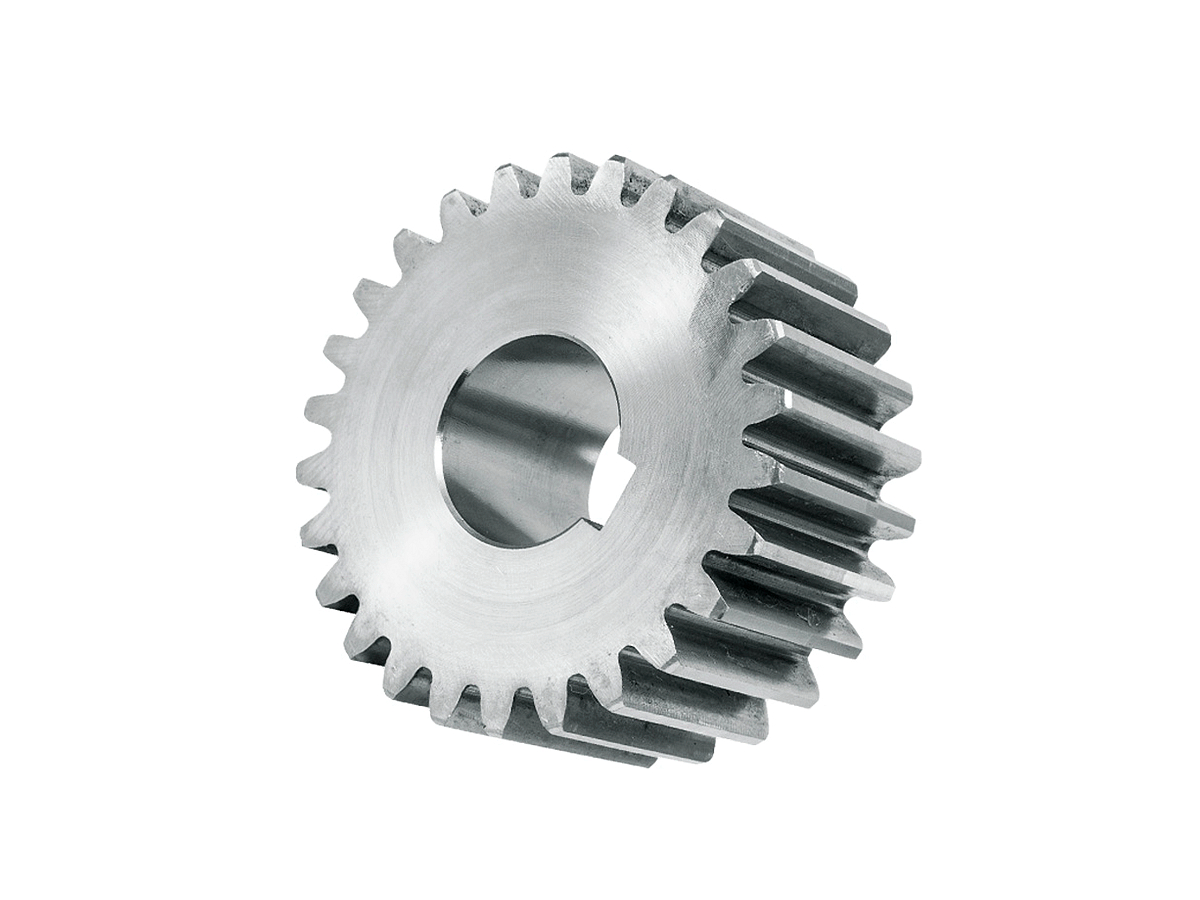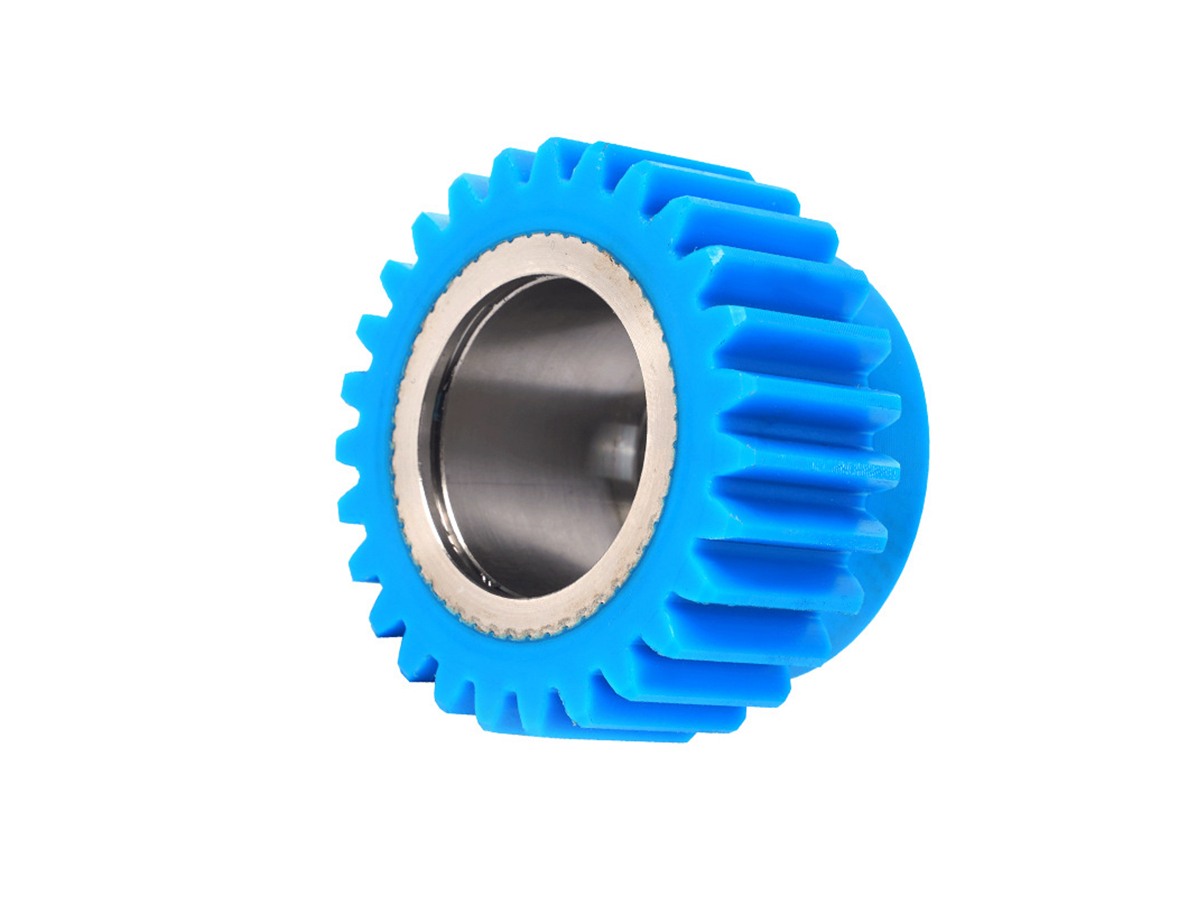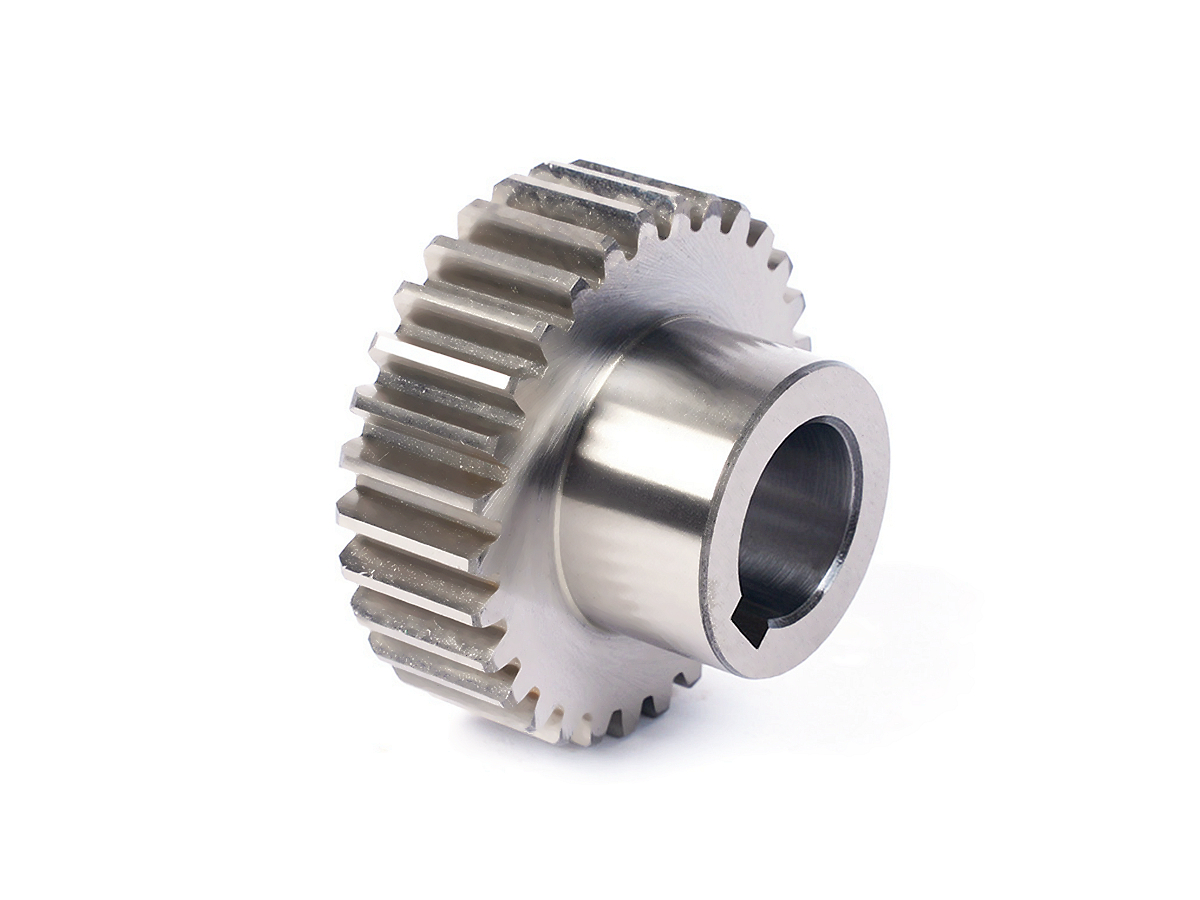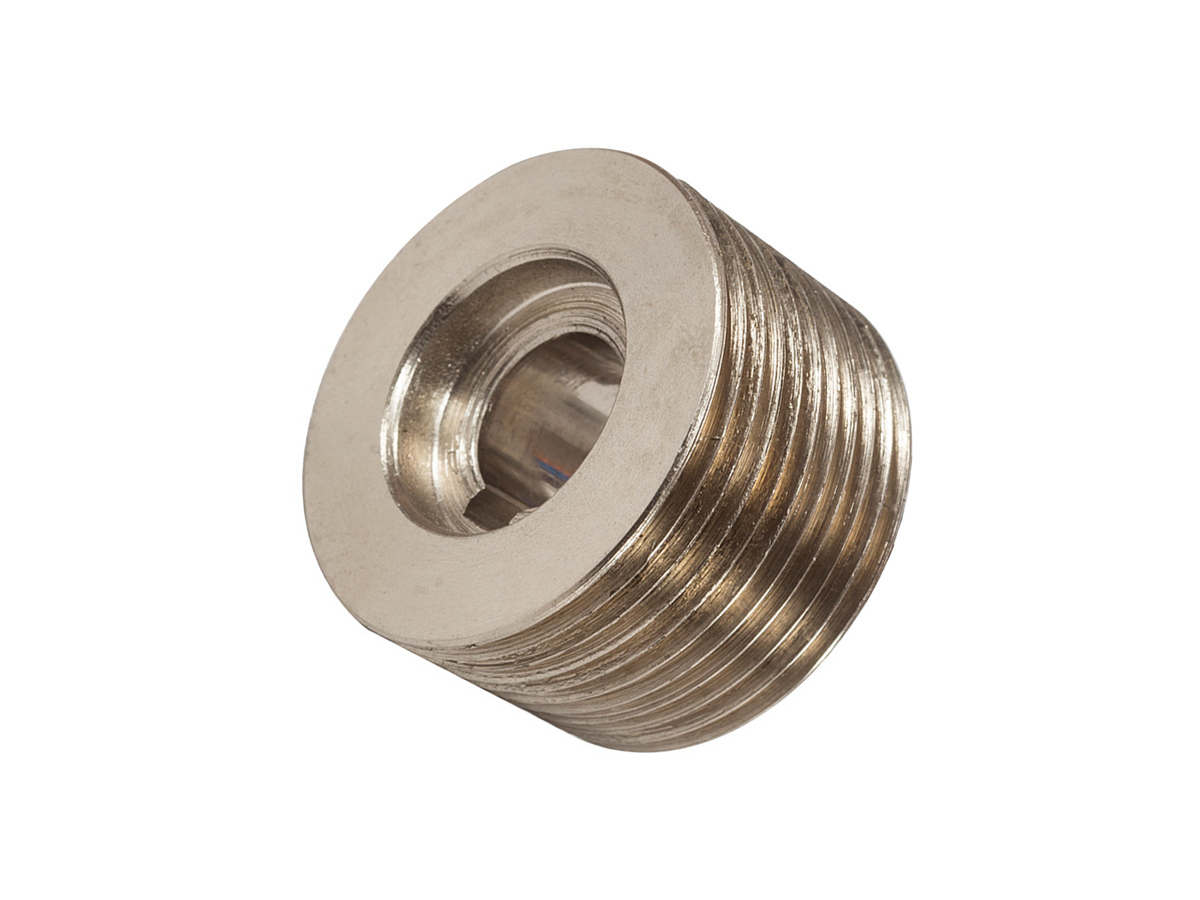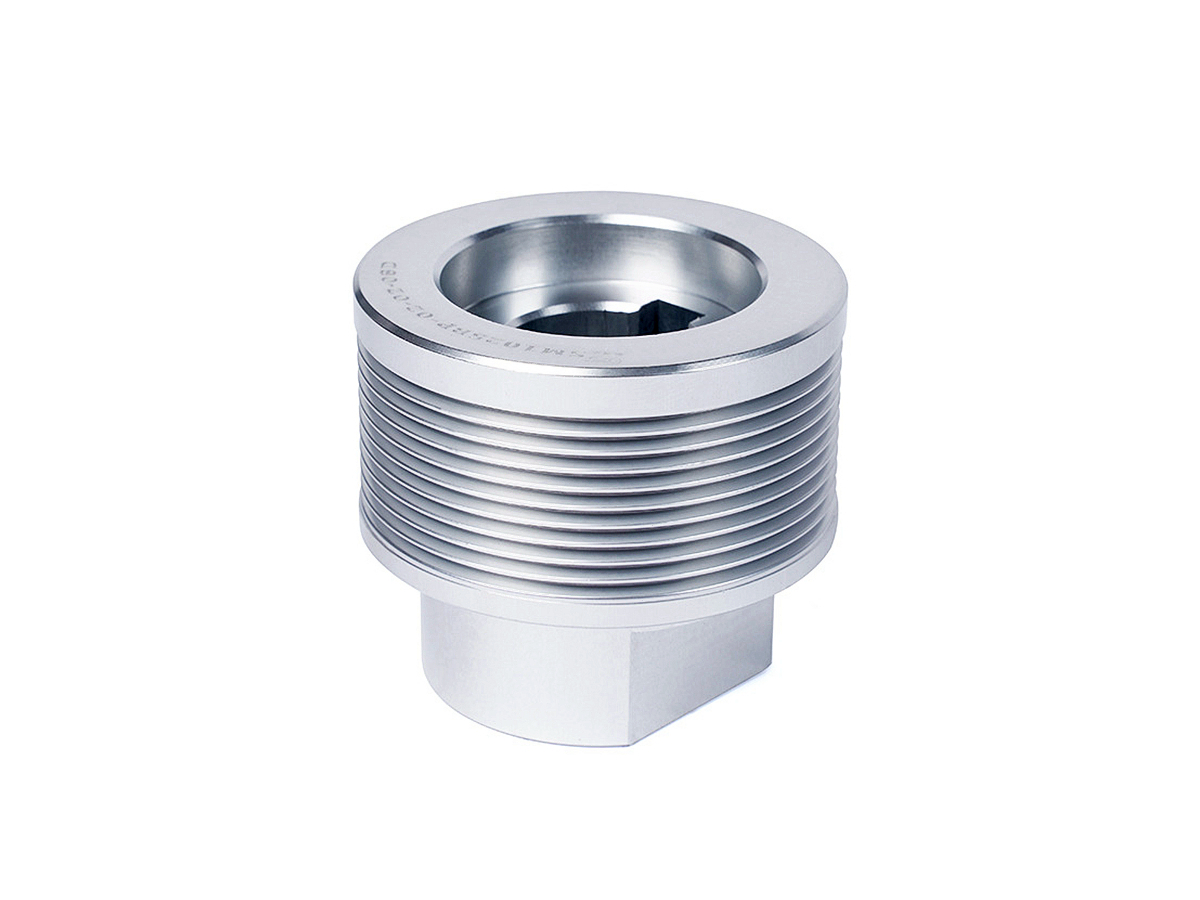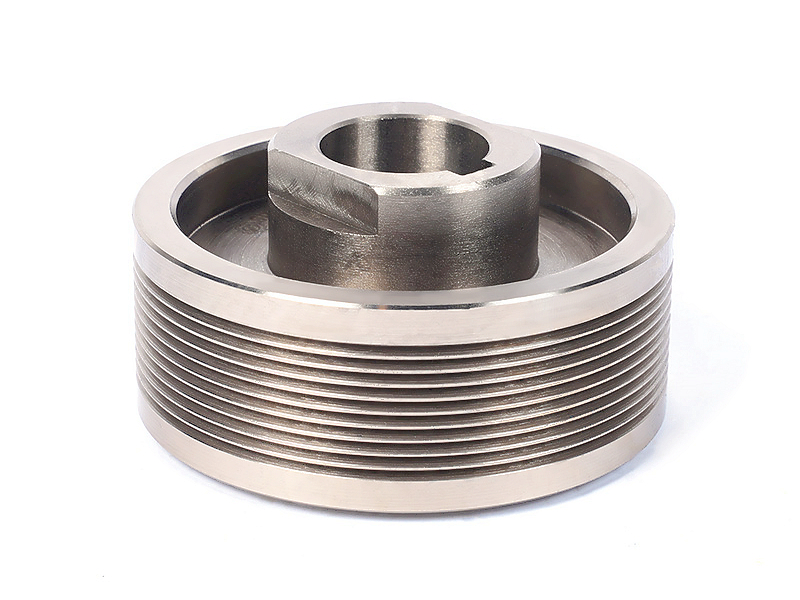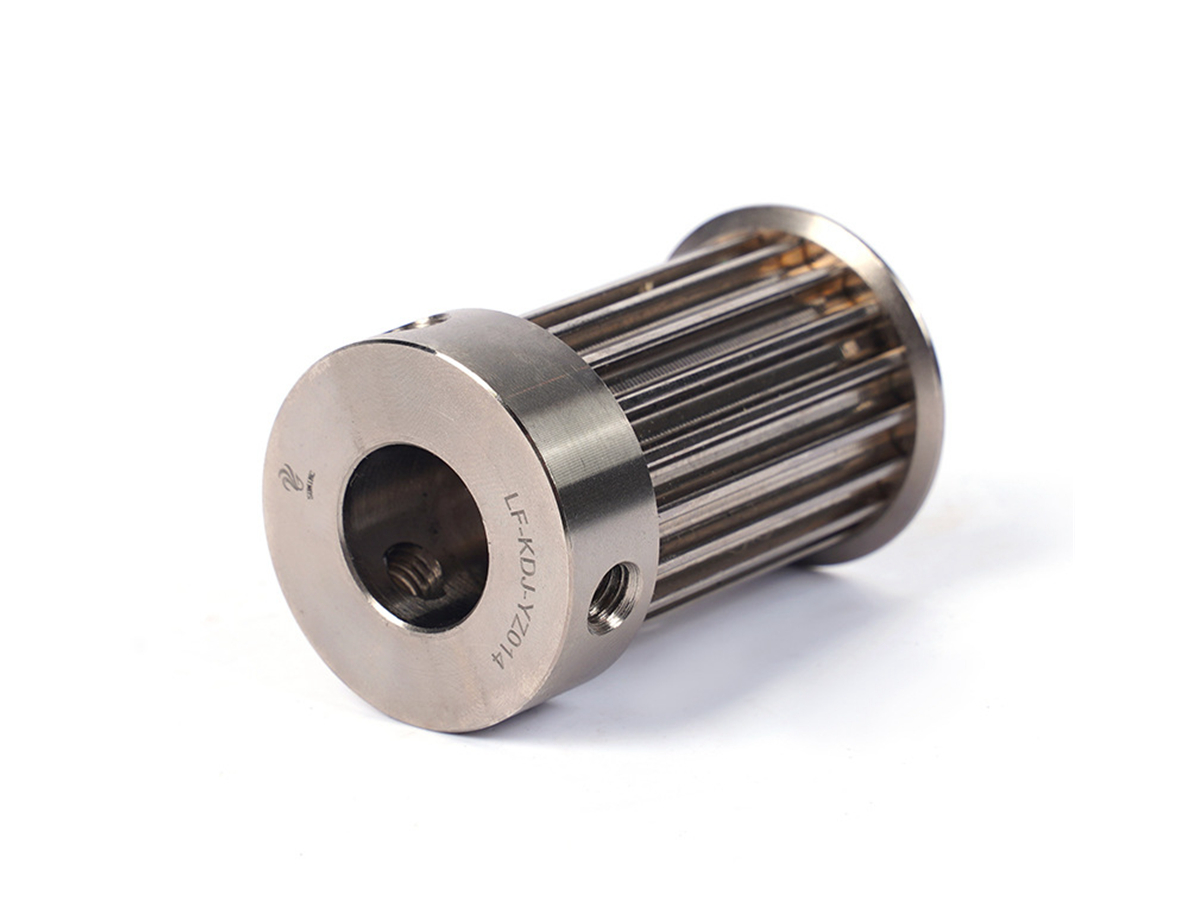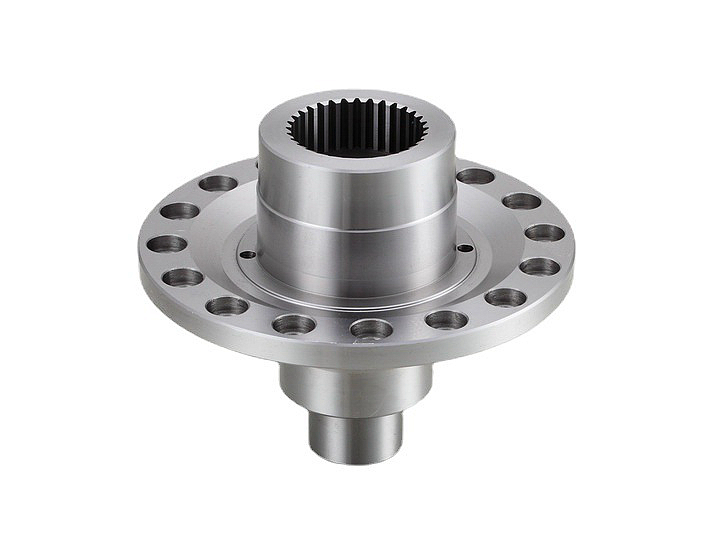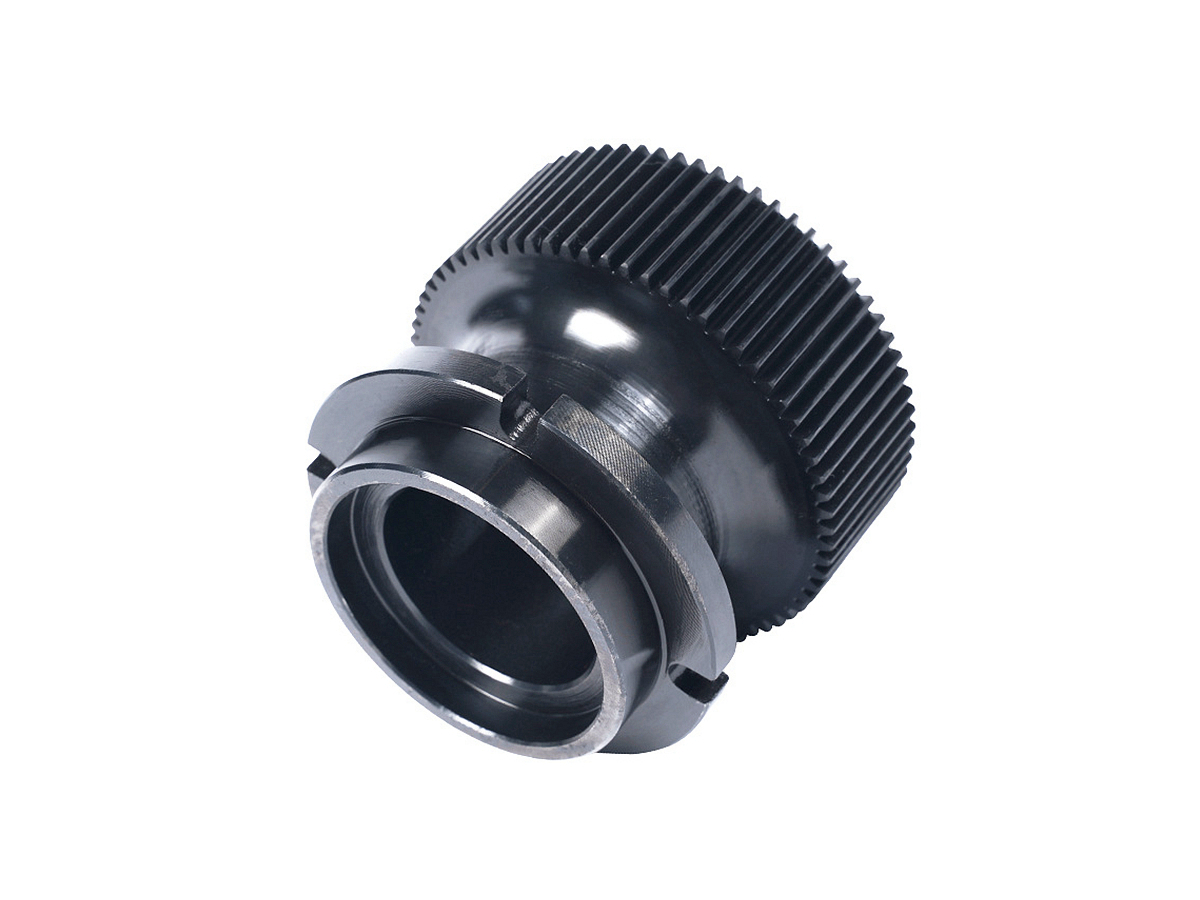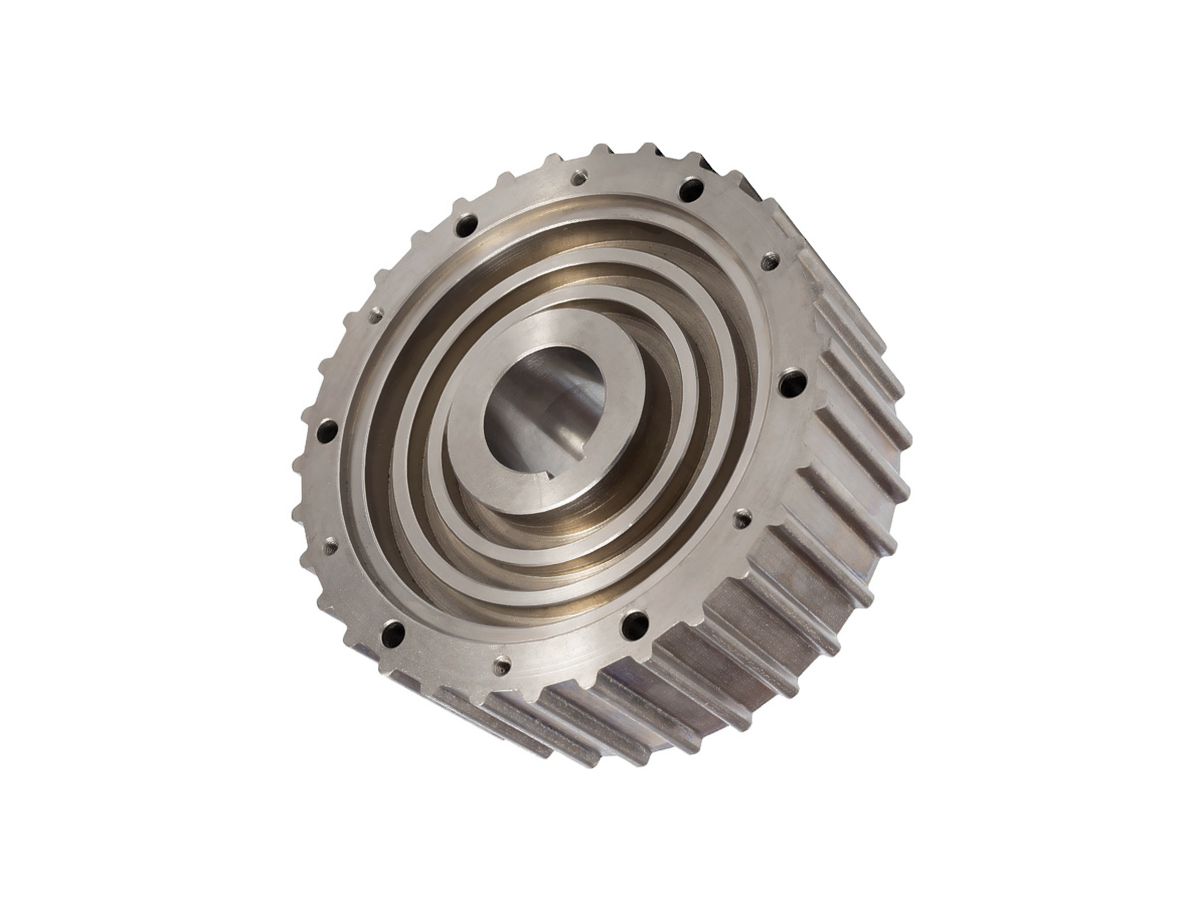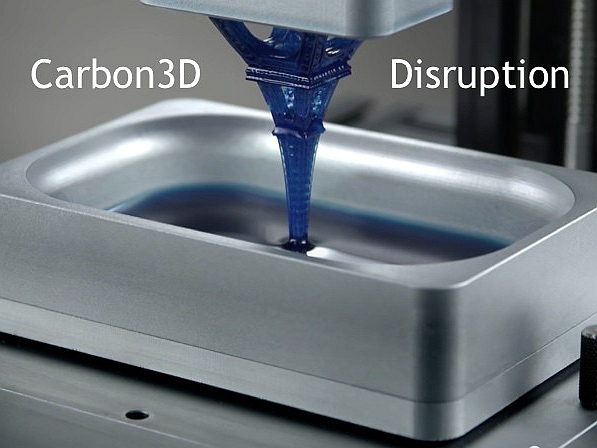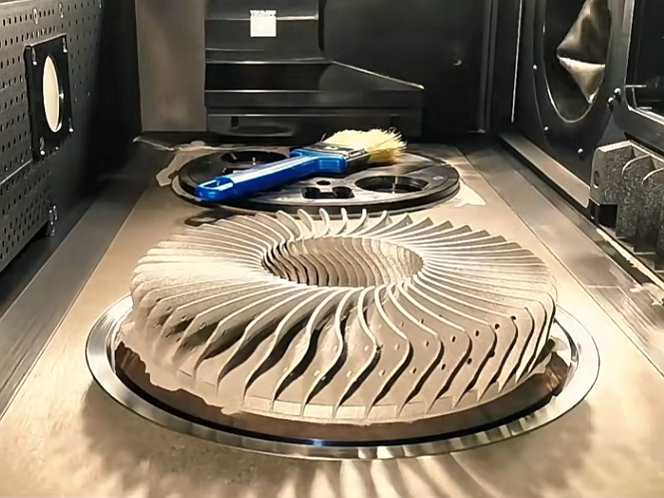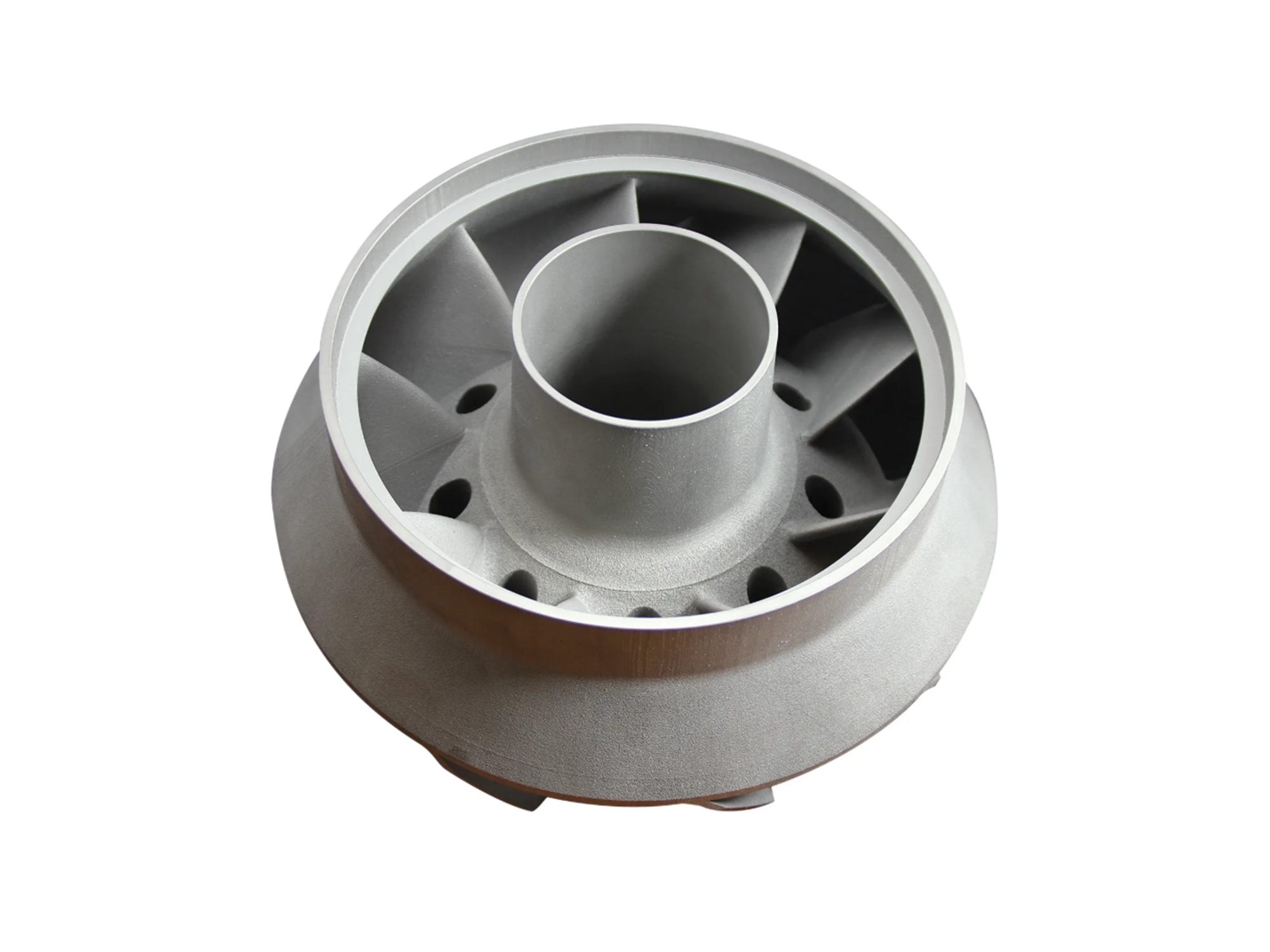Custom Online CNC Boring Manufacturing Service
Our Custom Online CNC Boring Manufacturing Service offers precision boring for complex parts, with tight tolerances and smooth finishes. We provide online ordering, fast turnaround, and customization options, ensuring high-quality, cost-effective solutions for various industrial applications.
- Rapid Boring Prototyping Service
- Low Volume CNC Boring Service
- CNC Boring Mass Production Service
- One Stop CNC Boring Service
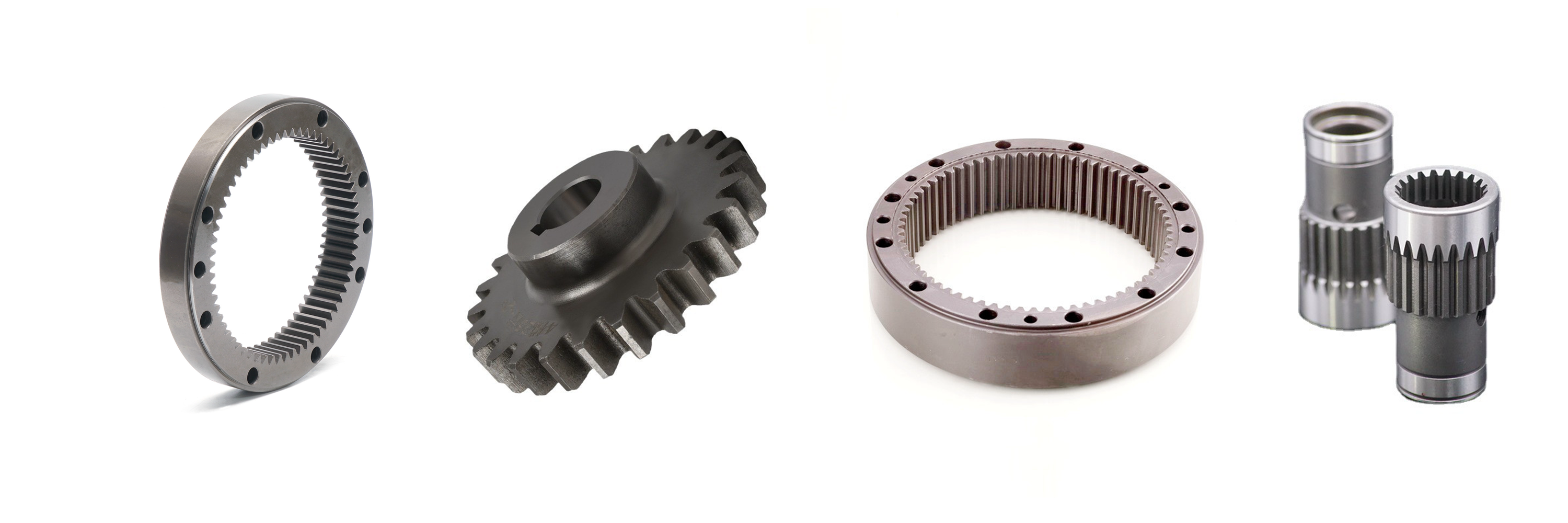
Send us your designs and specifications for a free quotation
All uploaded files are secure and confidential
What Is CNC Boring Manufacturing
CNC Boring Manufacturing involves precision enlarging and shaping existing holes using CNC machinery. This process ensures tight tolerances, smooth finishes, and enhanced hole accuracy, making it ideal for creating cylindrical parts, improving dimensional accuracy, and achieving high-quality results.
Key Materials for Precision CNC Boring
CNC boring is commonly performed on a variety of materials, each offering unique properties. Superalloys and titanium are used for high-temperature applications, while aluminum, copper, brass, and bronze provide excellent machinability and corrosion resistance. Carbon and stainless steel offer strength and durability, while plastics and ceramics are ideal for lightweight and precise components in specialized industries.
Surface Finishings for CNC Boring Parts
Surface Finishings for CNC Boring Parts enhance the functionality and aesthetics of machined components. Options include polished, ground, and smooth finishes, ensuring tight tolerances, reduced friction, and optimal performance. These finishes are essential for precision parts across various industries.
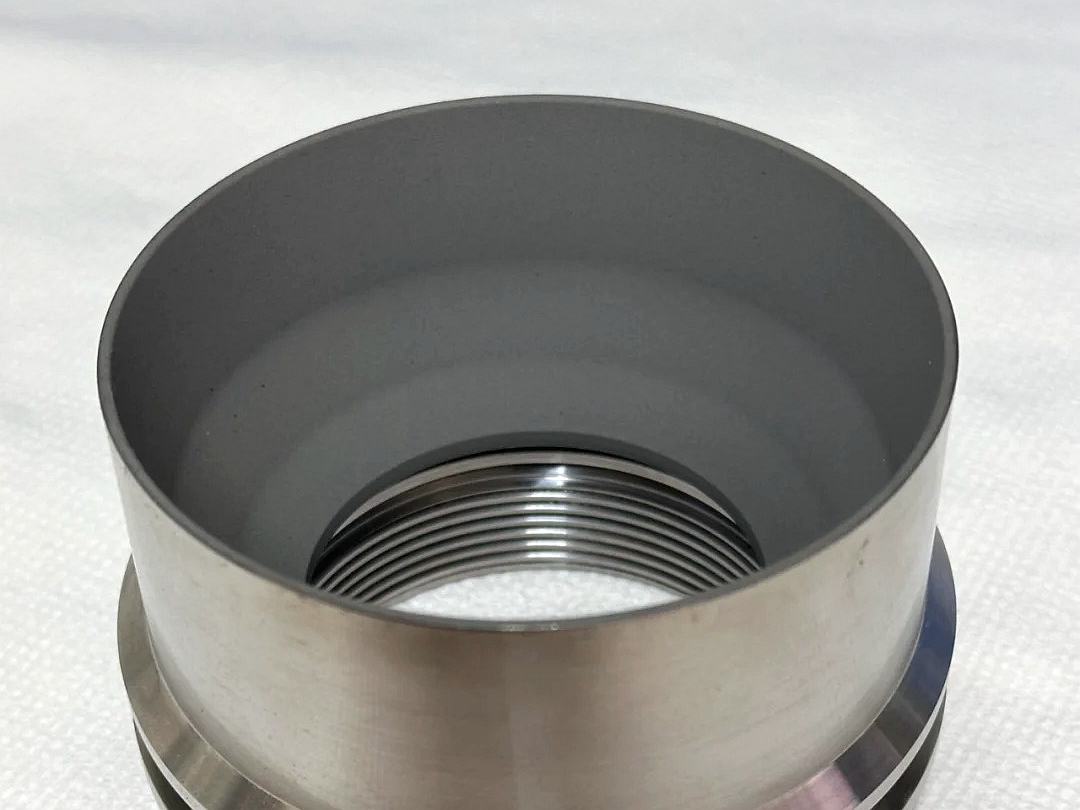
learn more
Thermal Coating
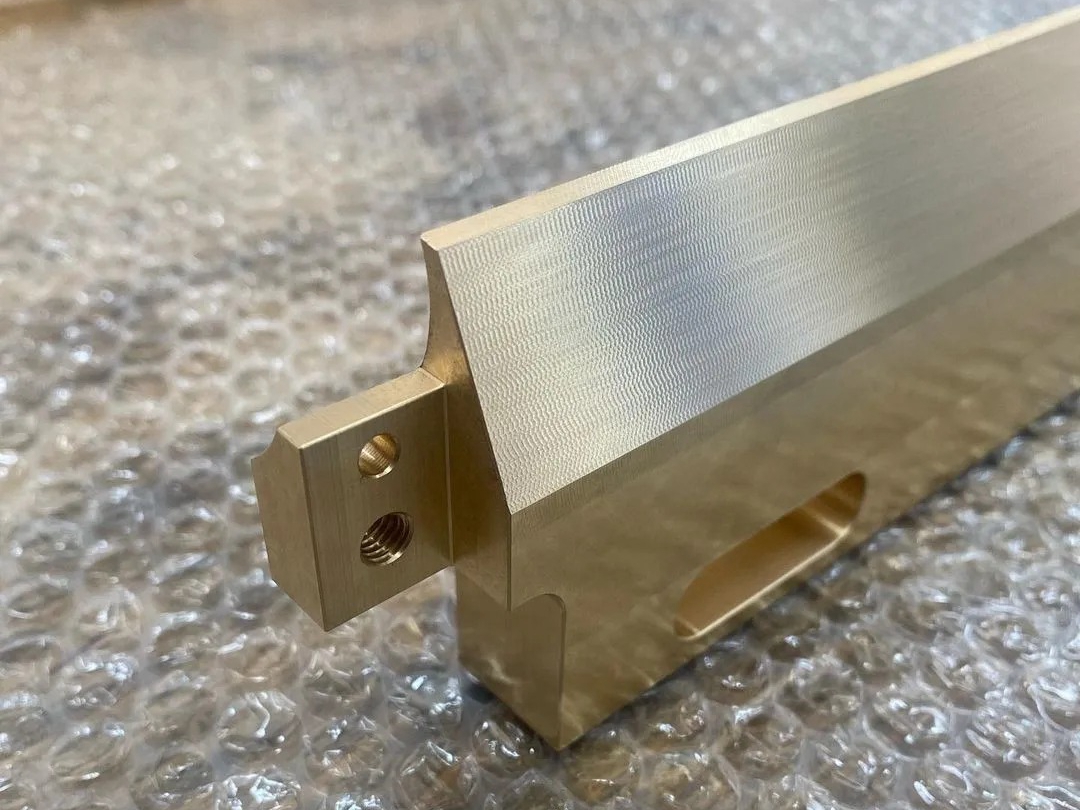
learn more
As Machined
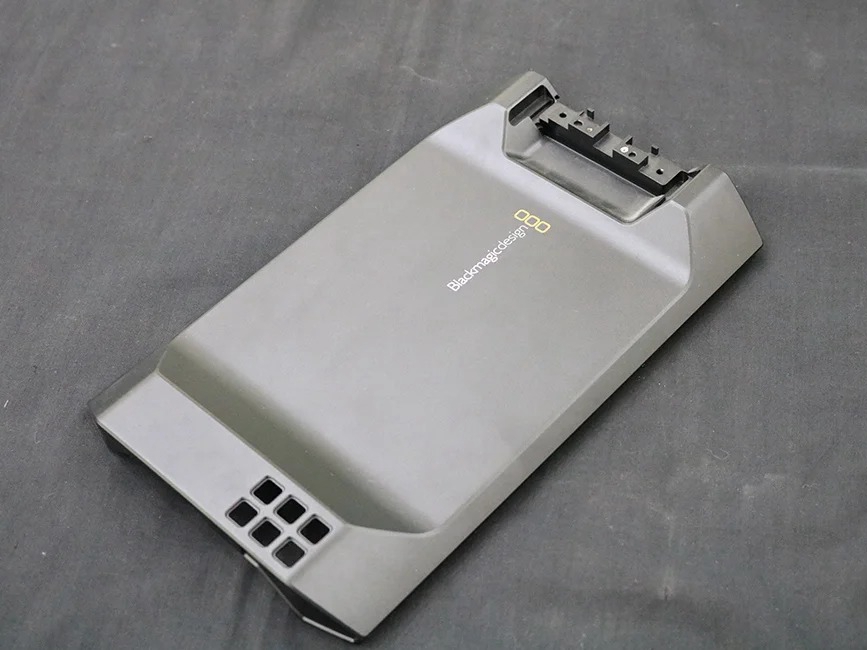
learn more
Painting
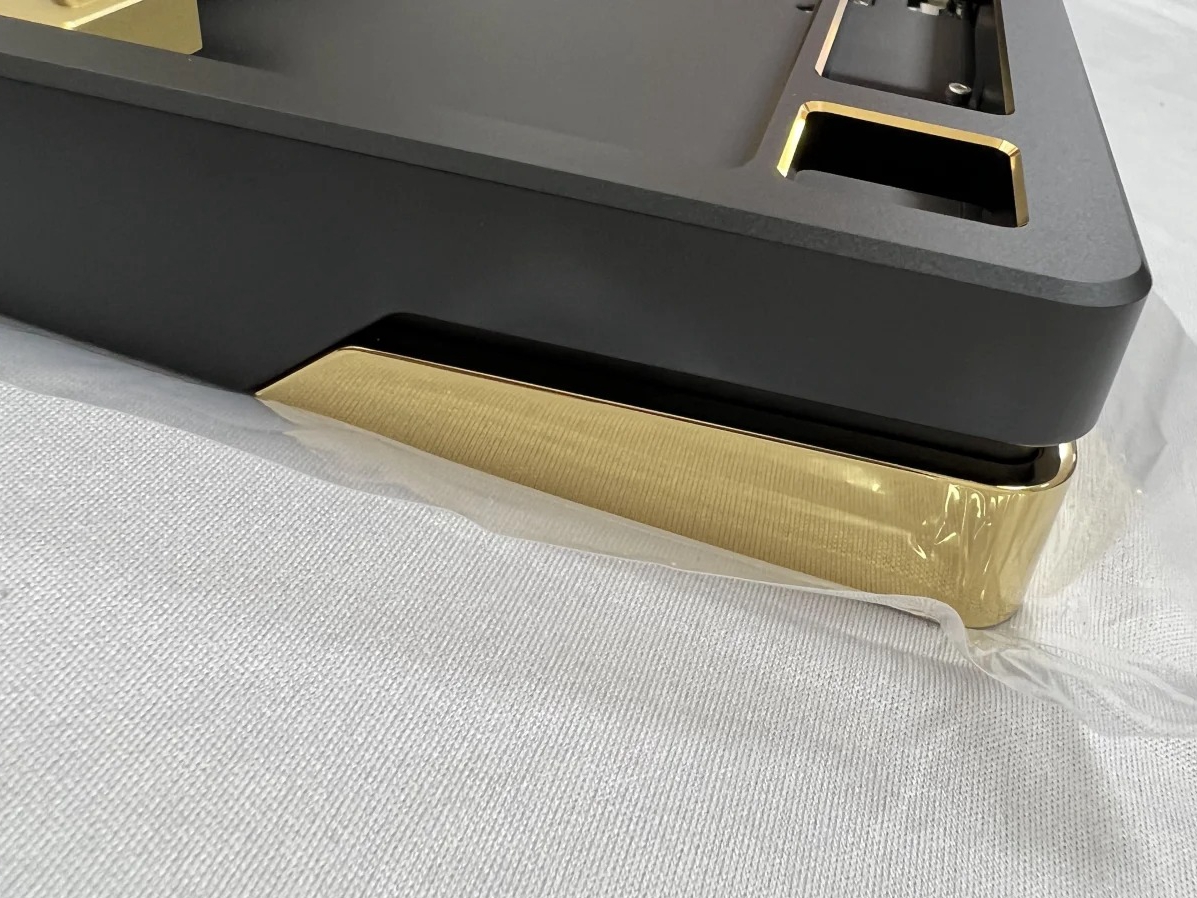
learn more
PVD (Physical Vapor Deposition)
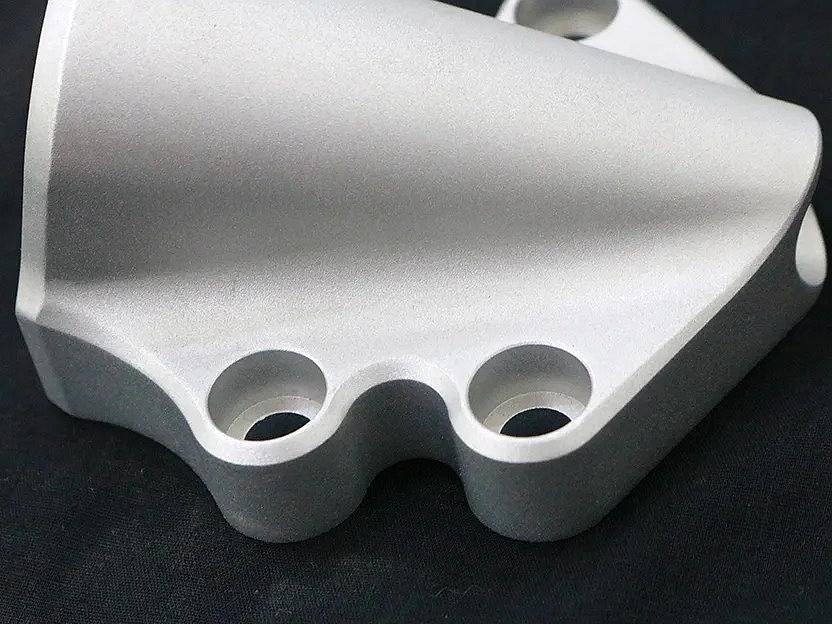
learn more
Sandblasting
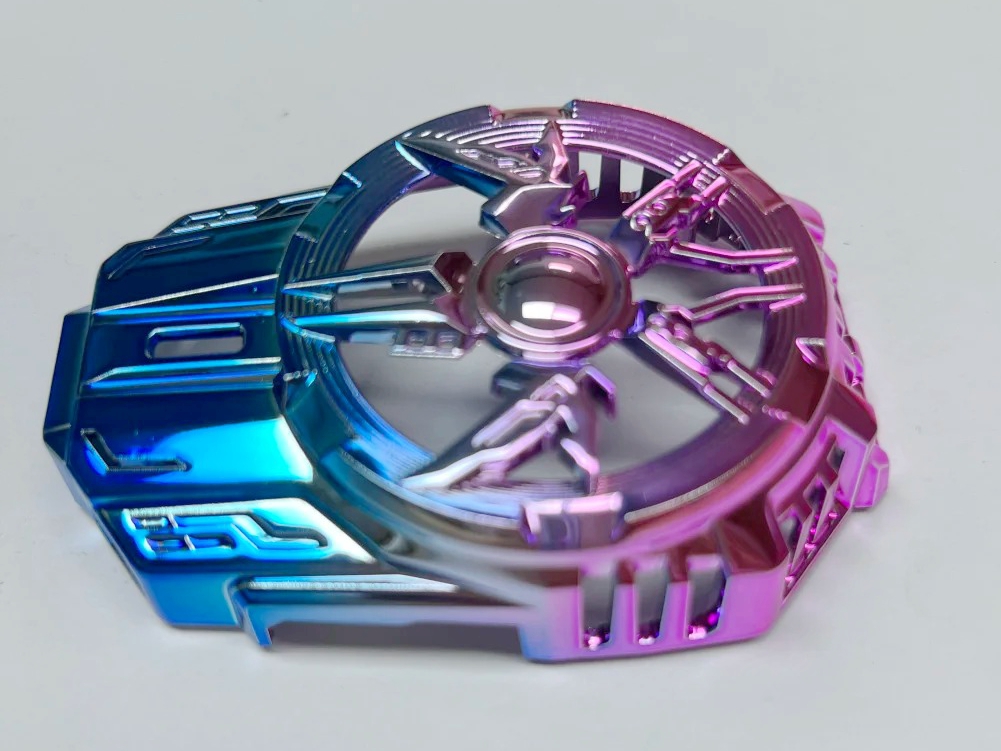
learn more
Electroplating
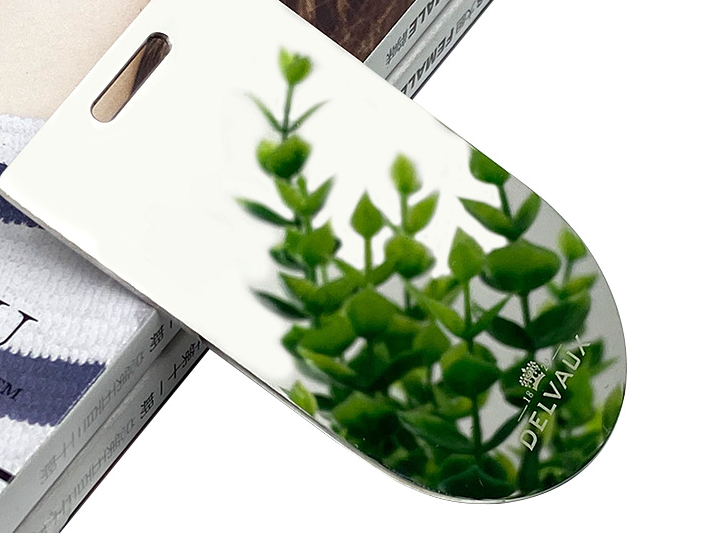
learn more
Polishing
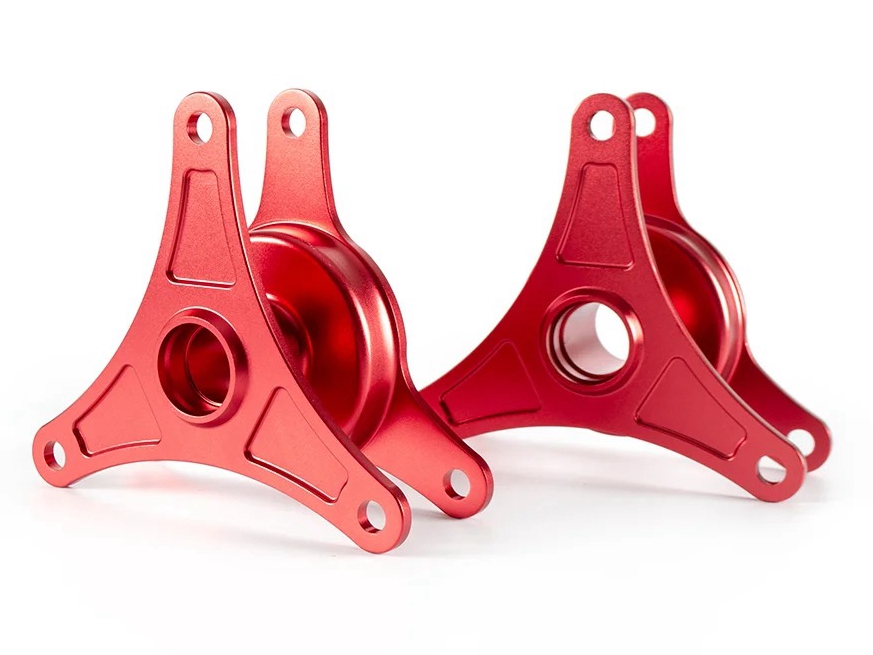
learn more
Anodizing
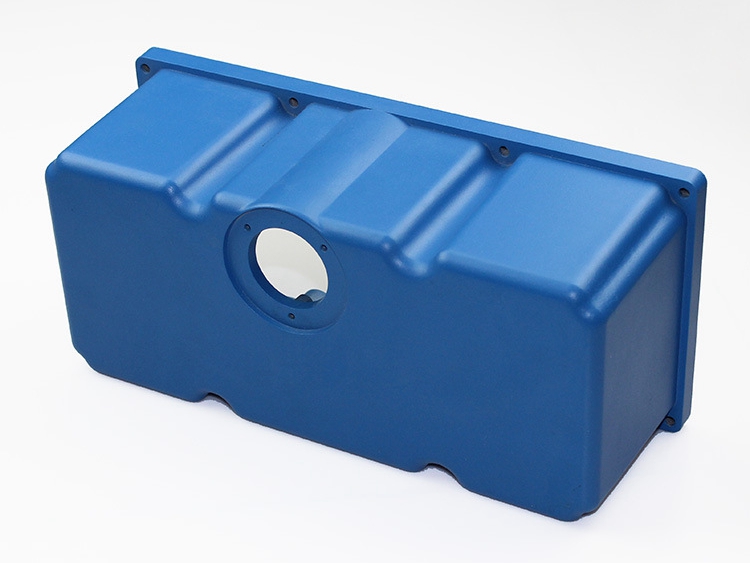
learn more
Powder Coating
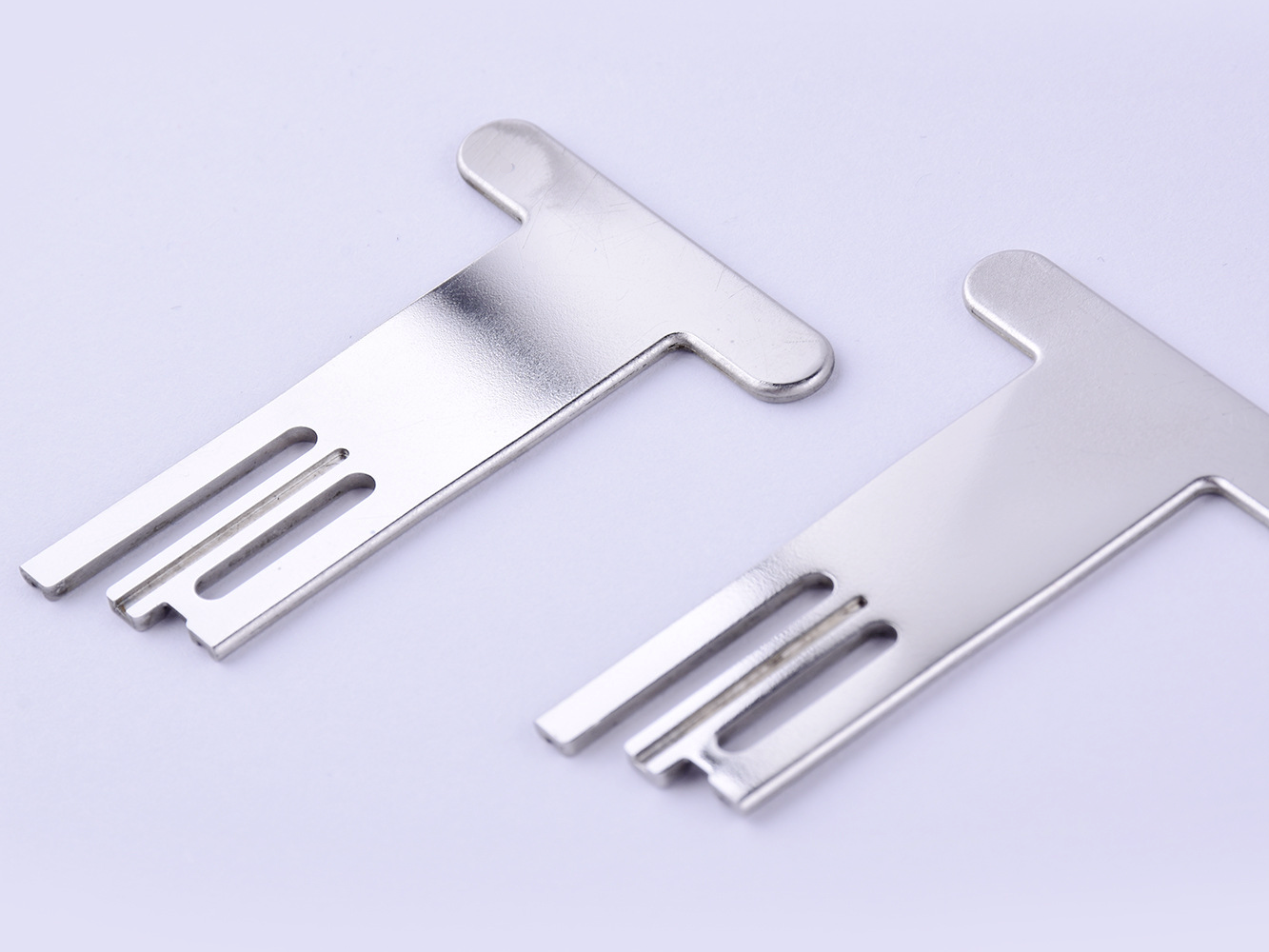
learn more
Electropolishing
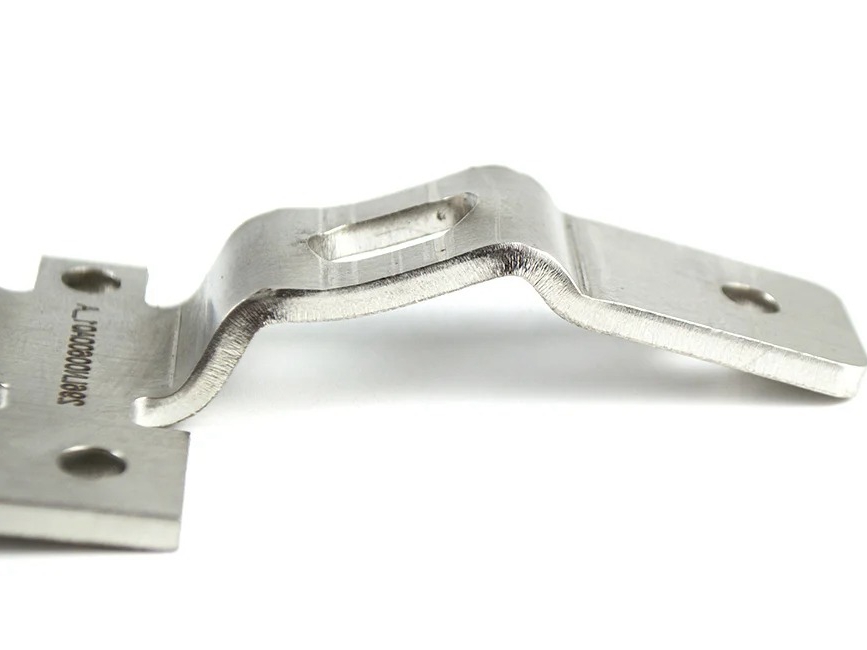
learn more
Passivation
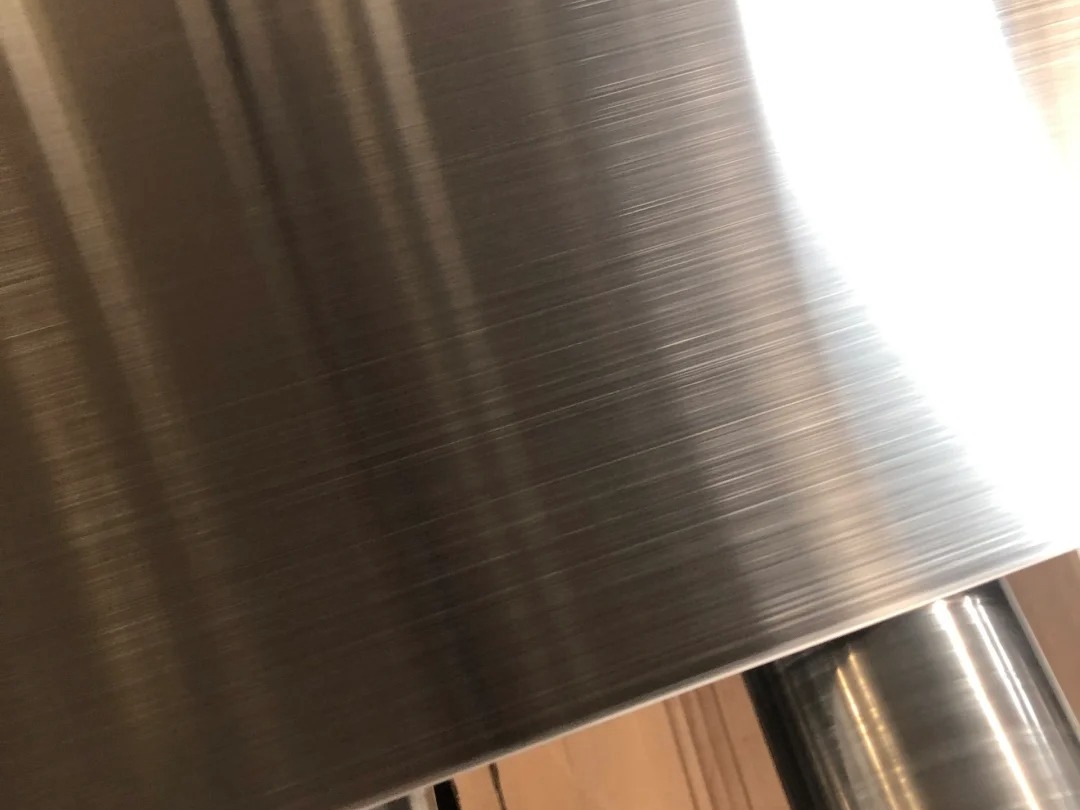
learn more
Brushing
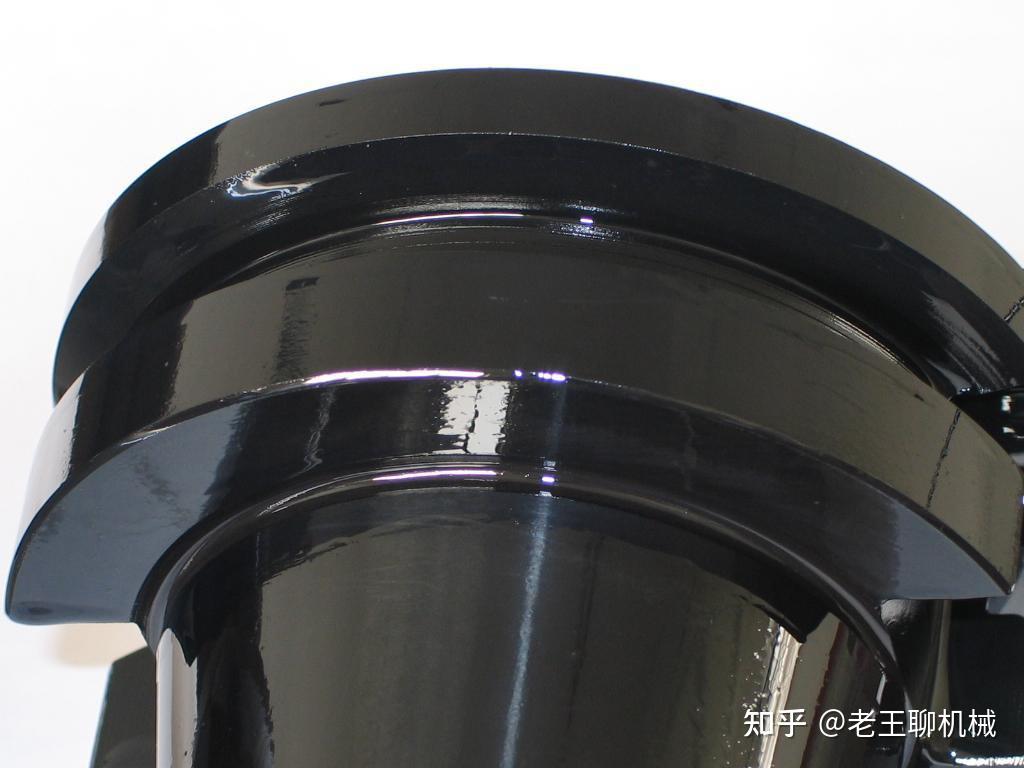
learn more
Black Oxide
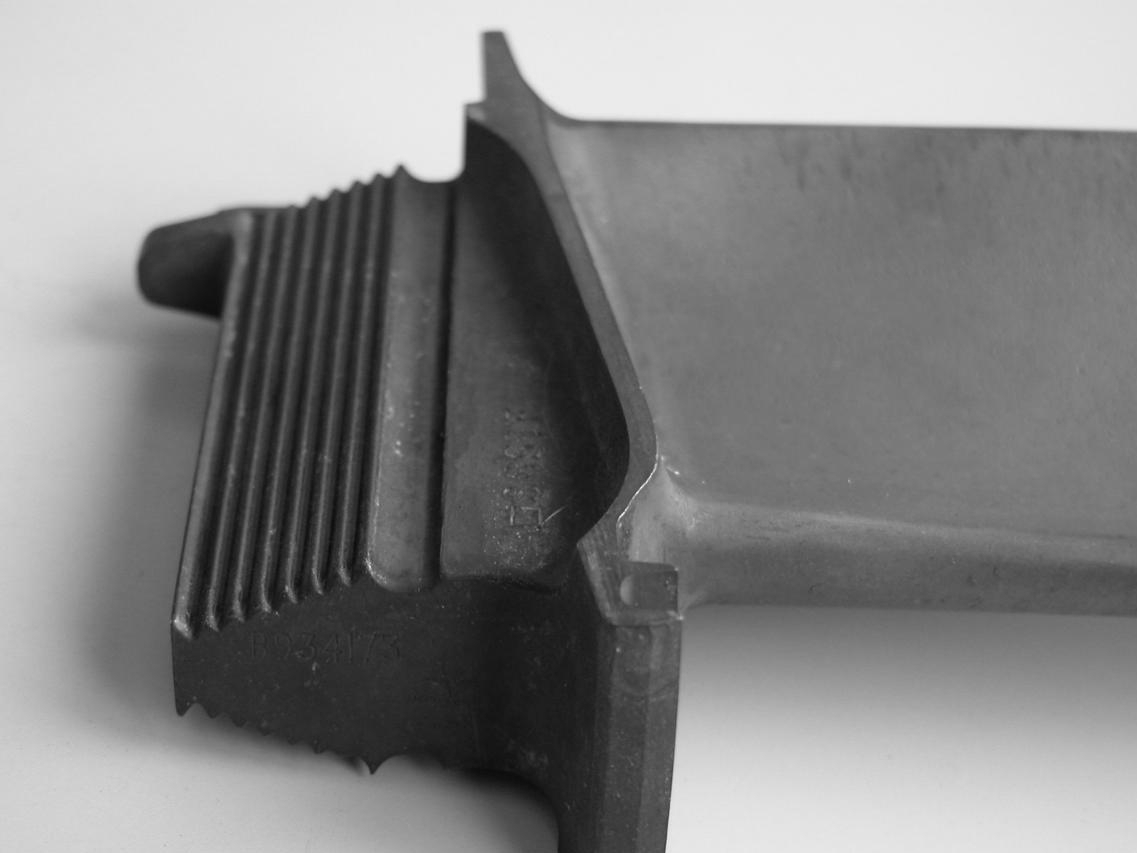
learn more
Heat Treatment
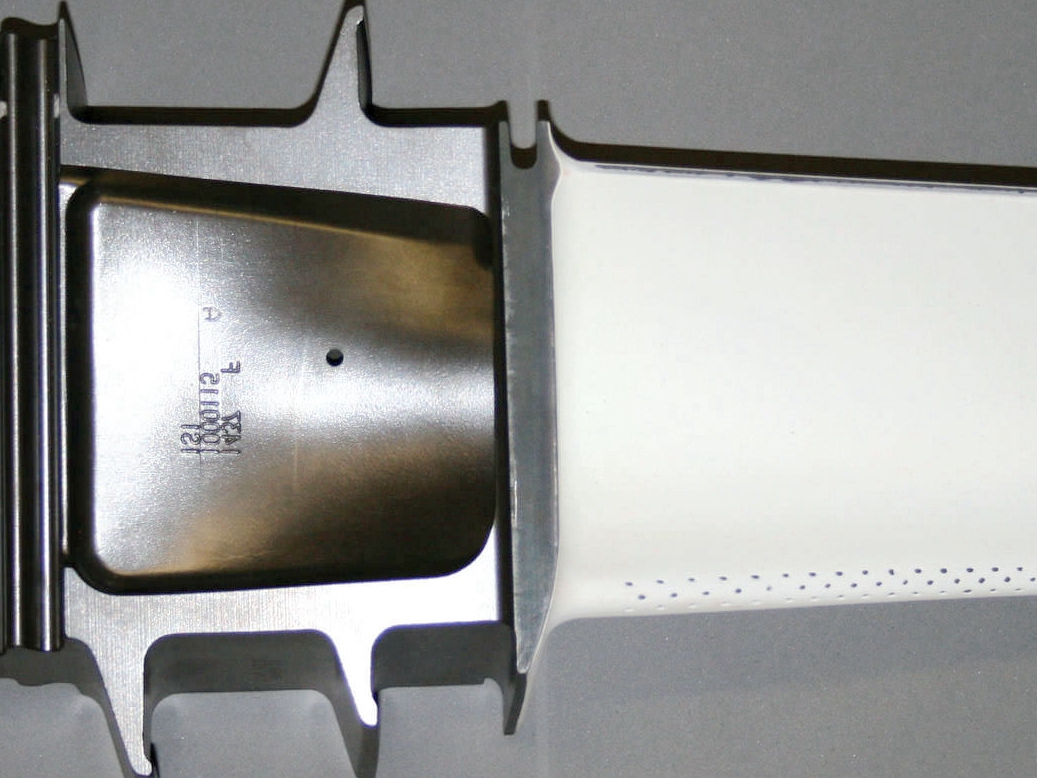
learn more
Thermal Barrier Coating (TBC)
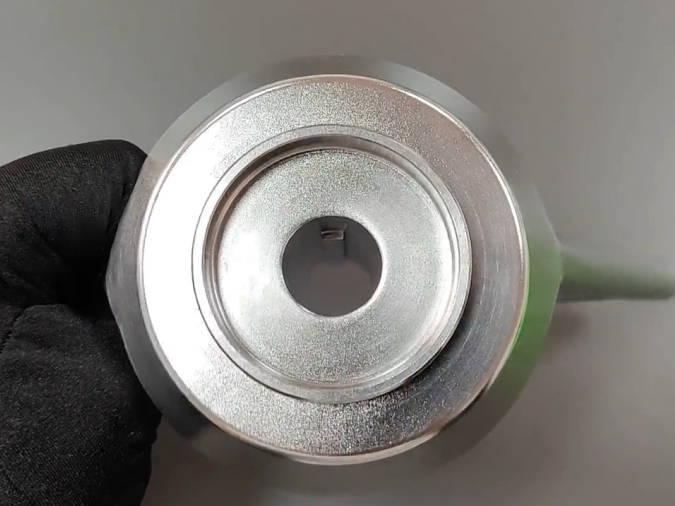
learn more
Tumbling
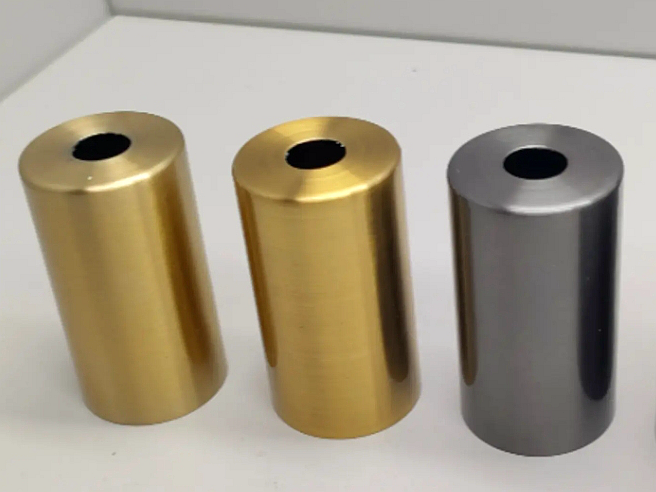
learn more
Alodine
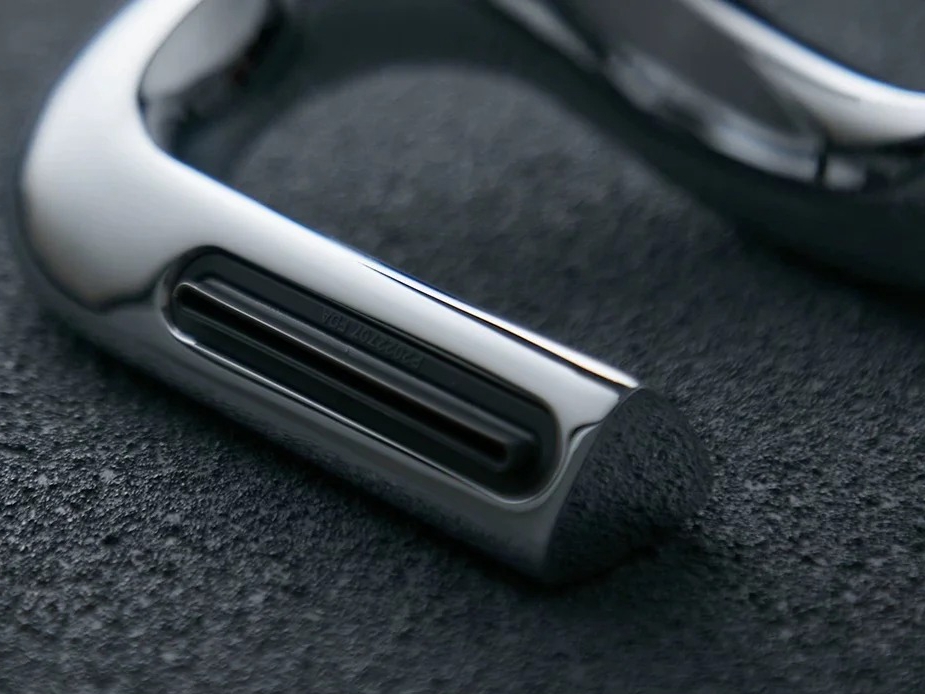
learn more
Chrome Plating
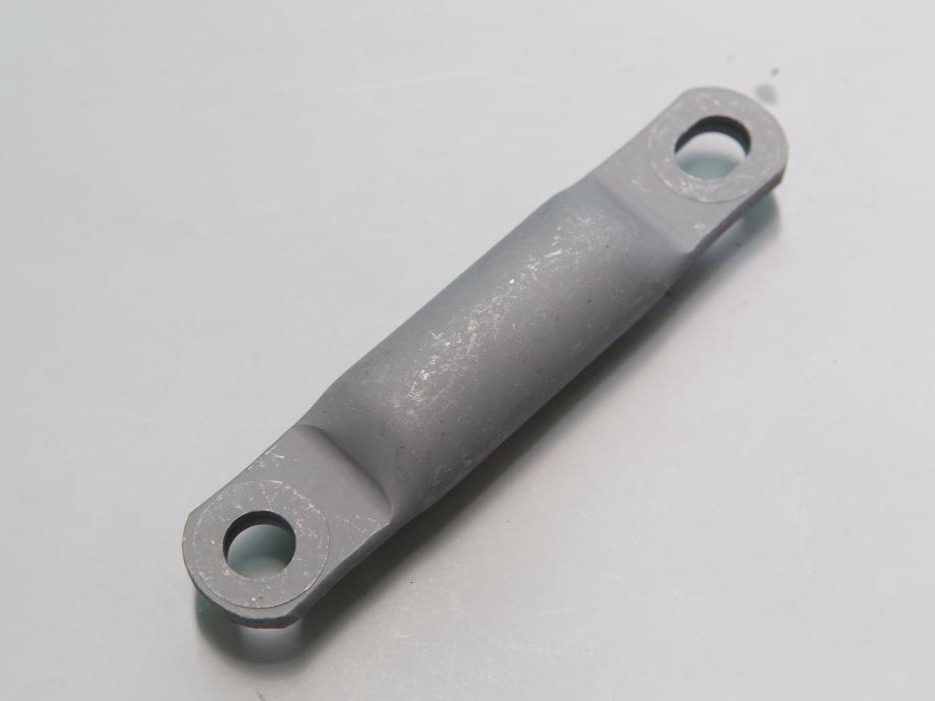
learn more
Phosphating
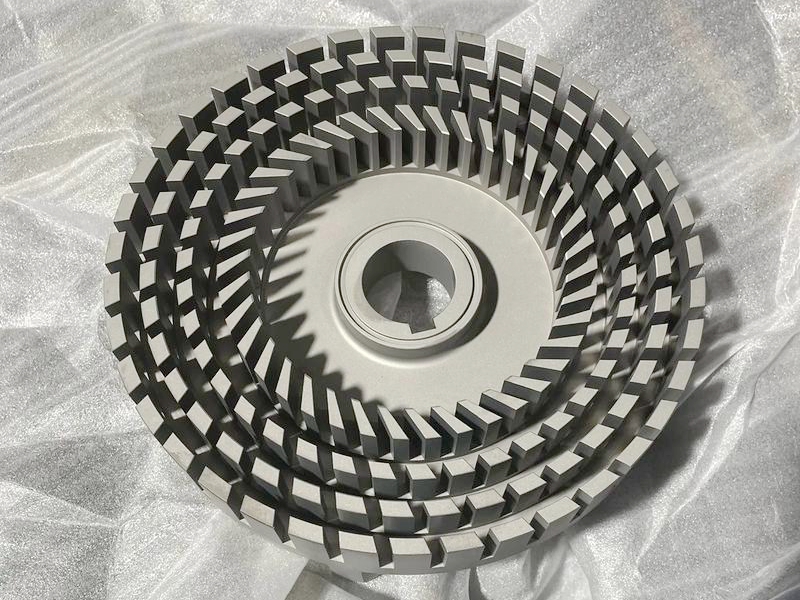
learn more
Nitriding
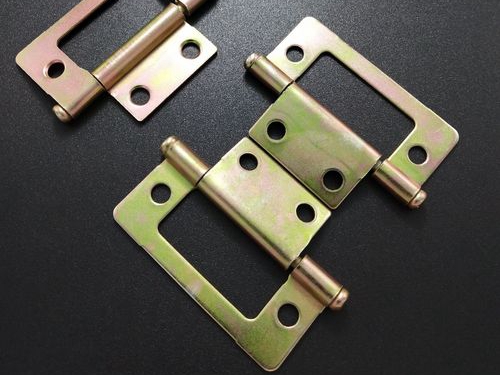
learn more
Galvanizing
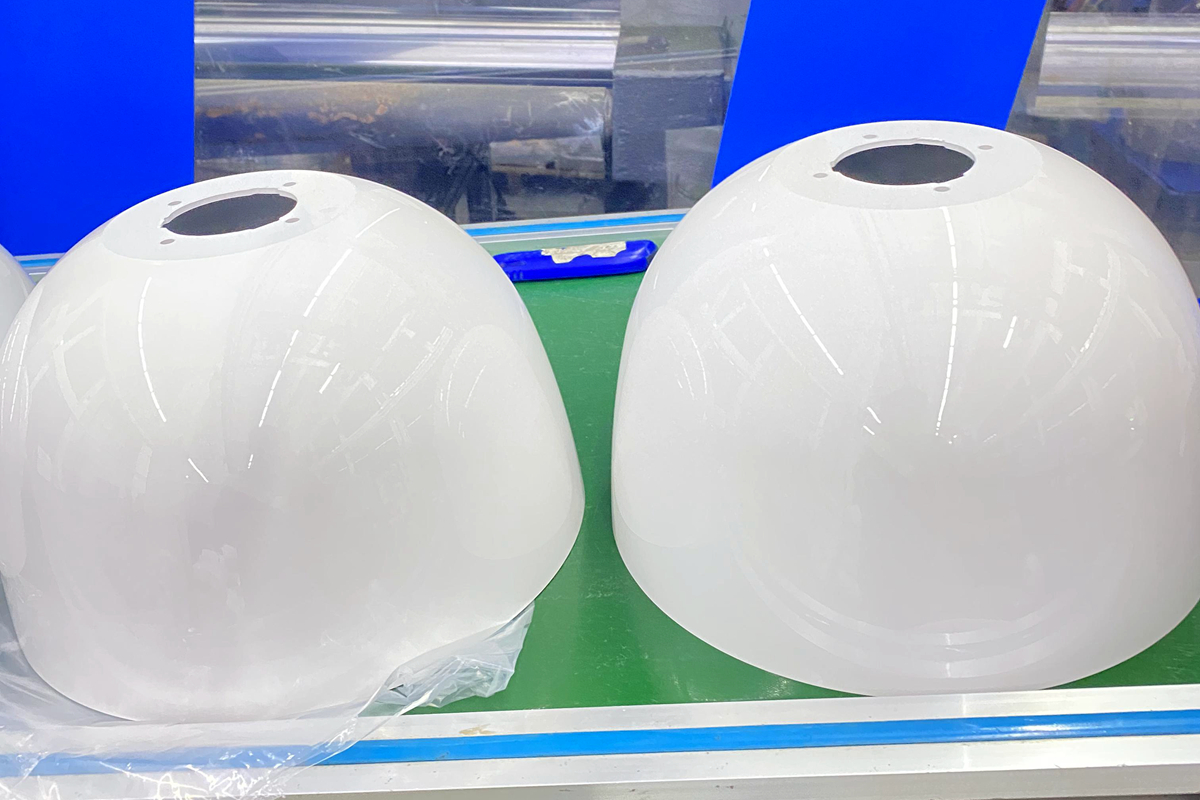
learn more
UV Coating
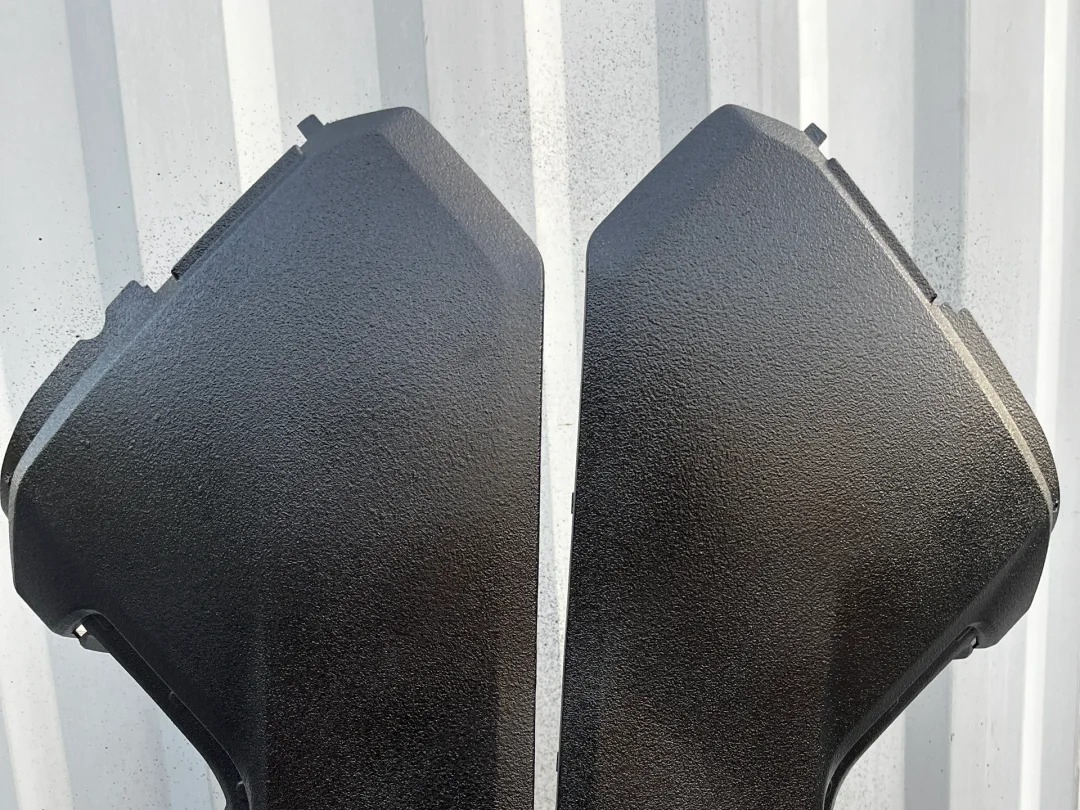
learn more
Lacquer Coating
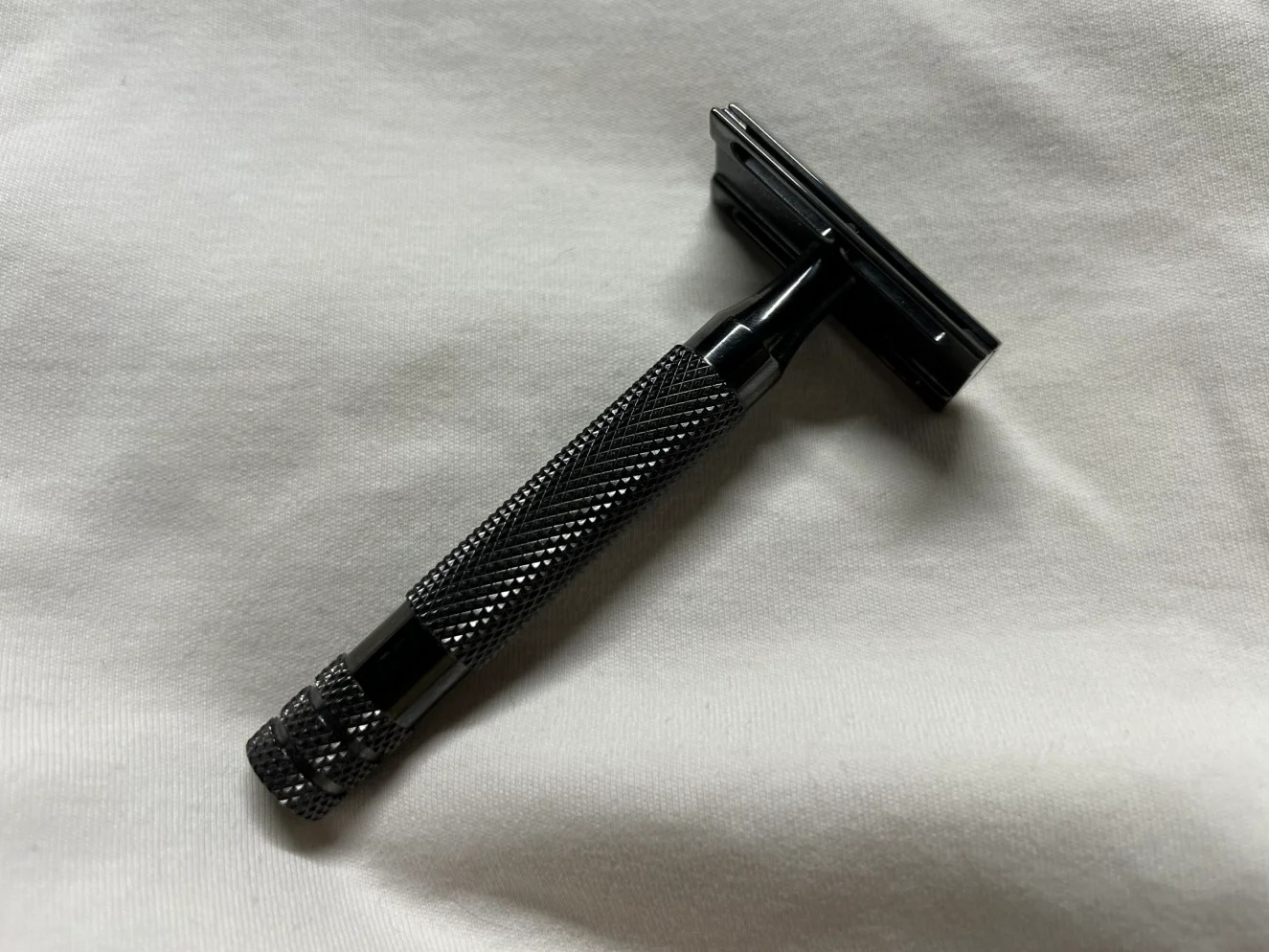
learn more
Teflon Coating
Custom CNC Boring Parts Gallery
Our Custom CNC Boring Parts Gallery showcases precision-engineered components, including cylinders, housings, and shafts, tailored for various industries. Each part highlights tight tolerances, smooth finishes, and exceptional quality, demonstrating our expertise in advanced CNC boring manufacturing solutions.
Let's Start A New Project Today
CNC Boring Tolerance Suggestions
CNC Boring Tolerance Suggestions ensure precision and consistency in machining. For general applications, ±0.1 mm tolerance is standard, while high-precision parts require ±0.02 mm to ±0.05 mm. These guidelines guarantee complex components' optimal fit, performance, and surface quality.
CNC Boring Design Guideline
CNC Boring Design Guidelines outline essential best practices for achieving precise and functional components. Key considerations include optimal radii, hole dimensions, wall thickness, surface finishes, and tool access, ensuring accuracy, efficiency, and quality in CNC boring operations.
